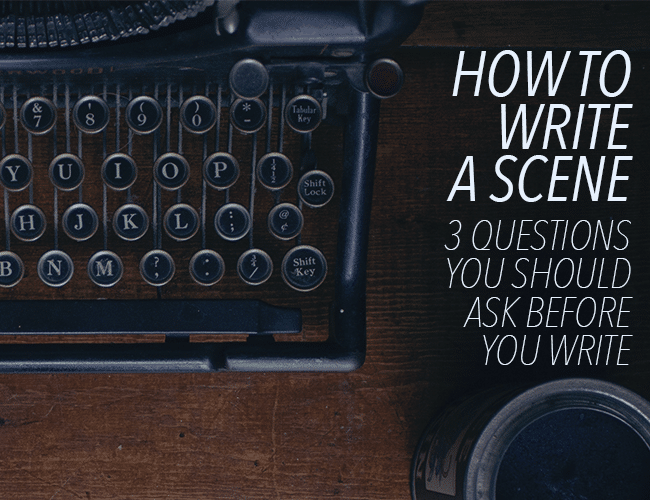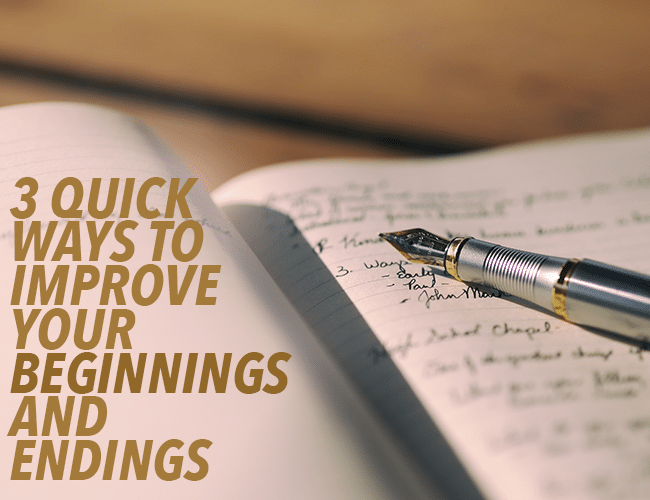
by Sue Weems |
I’m working through a revision, and one of my main problems is the protagonist. My editor and a beta reader both suggested amping up her emotional appeal, leaving comments such as, “I’m not invested in this character yet” and “I want to care about her, but I don’t in this scene.” Ouch. I’ve created a bland character.
So amping up emotional appeal. Is there a lipstick for that? How do I amp up emotional appeal?

by Sue Weems |
Sometimes I get stuck wondering how to write a scene during a first draft. Or maybe I can’t figure out how to revise a story to make it better. Sometimes I wonder if I am ever going to make any progress in my fiction and life. (Please tell me I’m not alone!)
I’ve been revising this summer, and it’s taking longer than I’d like. I keep returning to the basics of good storytelling to evaluate my scenes, and yesterday, it occurred to me that there are three questions I can ask to clarify almost any scene. Coincidentally, they are the same three questions I usually ask myself to tackle almost any life problem.

by Sue Weems |
Subtext is the underlying message in a scene. In The Godfather, when Don Corleone says, “I’m gonna make him an offer he can’t refuse,” we know someone (and a horse) is in serious danger. When I tell my kids, “I’m gonna make you an offer you can’t refuse,” I probably mean “Do your chores or I’ll shut down the wifi.”
Same statement, different subtext.

by Sue Weems |
My family moves a lot. Beginnings are often stressful, disorienting things, while endings might be joyous, grief-filled, and everything in between. Funny how stories are like that too. It’s often so difficult to know how to begin a story or how to tie it up at the end. Why are beginnings and endings so hard to do well in writing and life?

by Sue Weems |
Your goals fell by the wayside when you got sick in February. You stared at your keyboard for five minutes three mornings in a row before the kids woke up a full hour earlier than usual. In the car, you tap the steering wheel at a red light feeling the world is mocking your lack of progress on your manuscript.
Are you in a slump? Or is this just a season? Can you figure out how to get out of a slump—or are you just stuck?




